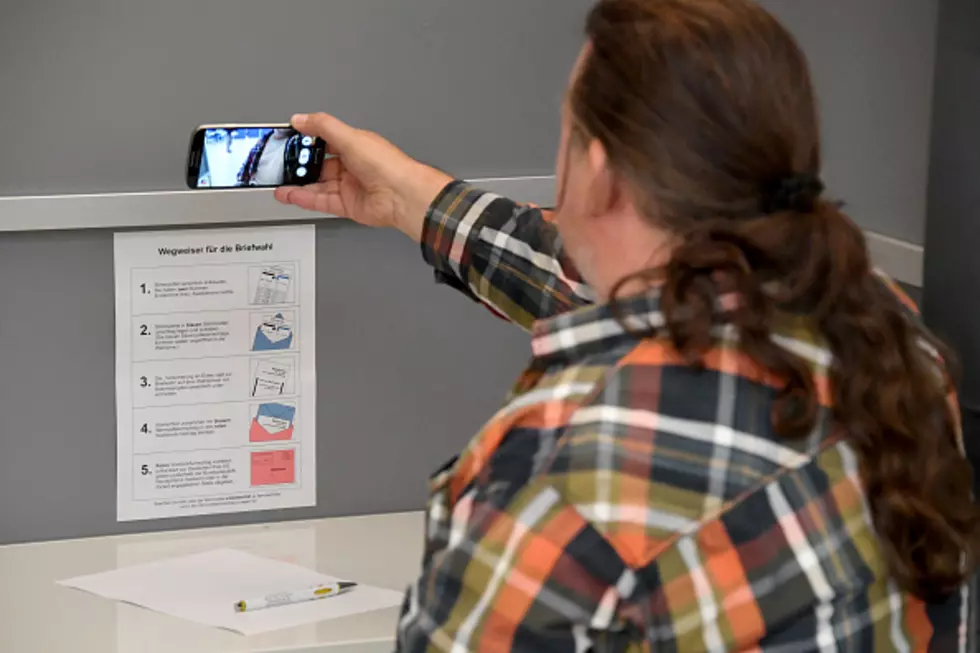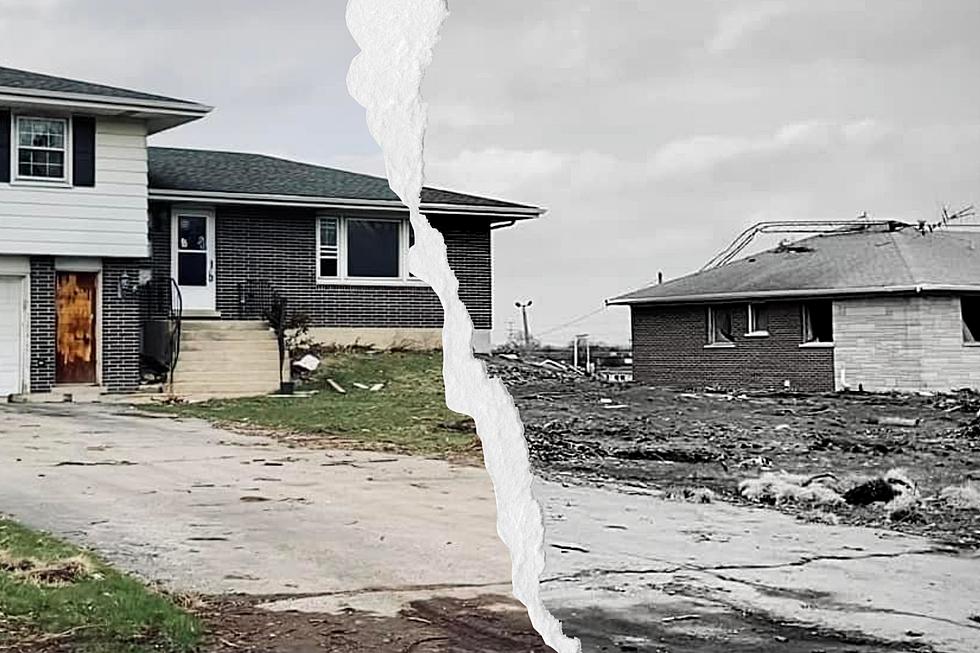
In Illinois, A ‘Ballot Selfie’ Could Land You A Felony Charge
Early voting is upon us in Illinois. Mail-in ballots are free to fly. But don’t dare take a picture of your vote.
Snapping a photo of your filled-in ballot and posting it on Facebook or Instagram is technically a Class 4 felony in Illinois, which comes with a prison sentence of one to three years. According to the Illinois Election Code, anyone who “knowingly” casts his or her ballot in a way that “can be observed by another person” is breaking the law.
At least twelve other states have also banned the "ballot selfie," but Illinois is the only state that doing so could get you charged with felony.
Interestingly enough though, not one person has been arrested for doing it.
From Illinois Policy:
The intent behind the law is pretty straightforward. These sorts of rules are meant as a firewall against vote-buying: Show me a photo of your ballot, I pay you.
Of course, there are already plenty of other laws in Illinois that explicitly outlaw vote-buying.
Sangamon County Clerk Don Gray knows that social media is a valuable tool to help drive voter turnout, so he devised a clever workaround, setting up a red-carpet area of sorts where voters can take photos of themselves at the polling place and share their civic pride.
Gray still backs the ban, though.
“For me it’s not really about vote-buying even though there are valid concerns there,” he said, “it’s more about a disruption of being in a voting booth much too long.”
Illinois Policy goes on to point out that there are definitely some 1st amendment issues with outlawing a form of political speech.
New Hampshire's ballot selfie ban was overturned by a federal judge in 2016. The judge decided that banning selfies at the ballot box because of the potential for vote-buying was like “burning down the house to roast the pig.”
Illinois Policy says that we came close to getting rid of it here in Illinois, too. But...
In 2017, State Rep. Emanuel Welch, D-Hillside, filed a bill that allowed voters to take photos of their ballot as long as they didn’t accept any money in exchange. The House overwhelmingly supported the measure, which passed 97-14. But the Senate never took a vote on it.
More From WROK 1440 AM / 96.1 FM









